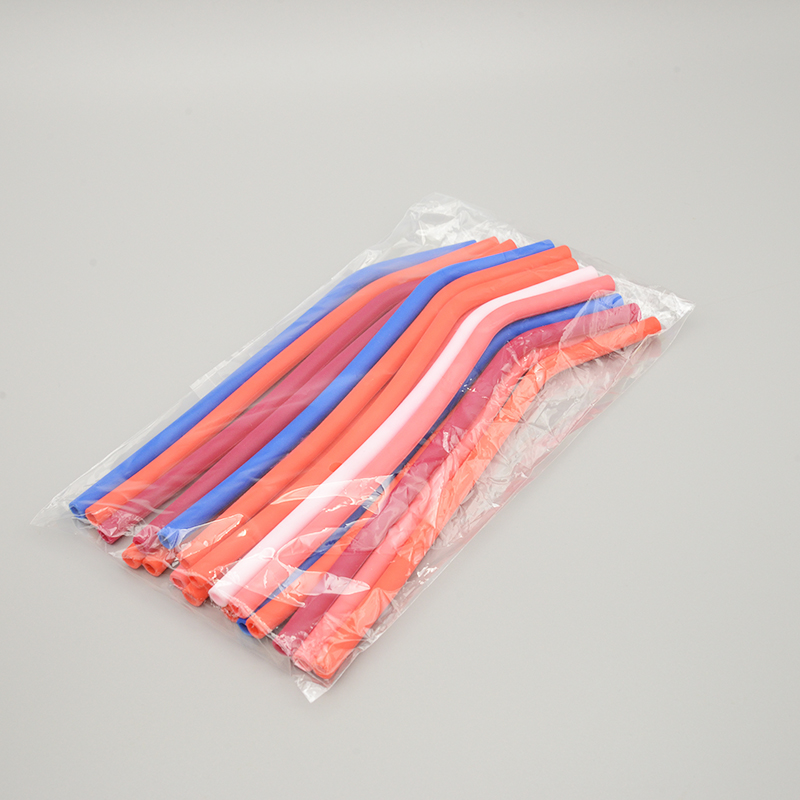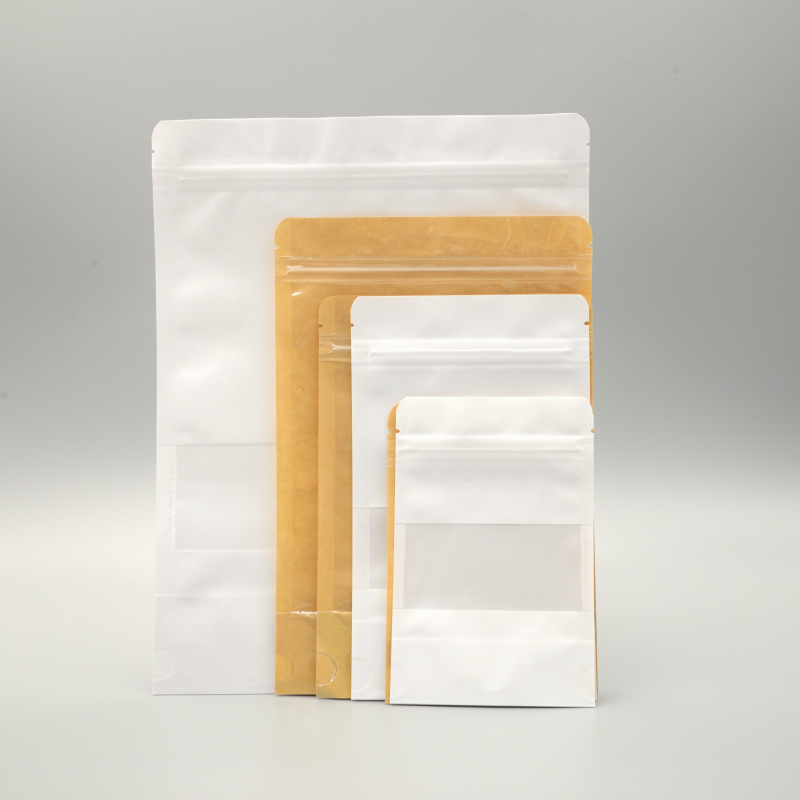Cell cultured meat and milk
Plant-based, alt proteins, precision fermentation Biodegradable Straw

11-Dec-2023 - Last updated on 11-Dec-2023 at 13:54 GMT
Related tags compostable packaging Biodegradable packaging Bioplastic
“We’re reaching a wider audience by making a product that can be either used as a single-use item and composted after use, or it can be dish washed and reused and then composted when it either cracks or breaks down, or you’re done with it,” she said.
To find compostable materials that would break down in a home composter, Kelly explained that while a handful of companies in California produced compostable plastics, she was met with a nominal yield and high cost.
Enter Kaneka, a Japanese biopolymer manufacturer with headquarters in Houston, Texas, which did not require a significant capital commitment and was “amenable to small business innovation,” Kelly said.
Better for All’s partnership with Kaneka allowed the company to produce PHBH for its cups. PHBH is created through a fermentation process using plant oils as the raw materials. While PHBH is compostable on land and in oceans, it is not recyclable, Kelly said.
“PHBH and PHAs are highly soil degradable and even marine degradable, so it can present at least an initial solution to the issue that we’re facing with plastic [and] lightweight plastics escaping into the environment,” she explained.
The balance between scale and cost is an ongoing pain point for companies looking to reduce or eliminate single-use plastic from their supply chains.
“Scale is definitely one of the primary issues that we’re thinking about. PHBH is…a PHA and there’s…more companies every year producing different PHAs which is great. Right now the scale of production is too low to meet all of the needs of the main CPG firms…so it’s a little bit cat and mouse in the sense that the supply will rise to meet the demand,” Kelly explained.
She continued, “We need companies to commit to these new materials and figure out how to accommodate the price difference. There’s a higher price for these materials. They are not subsidized like petroleum and they are also not available across the globe. So, until they are, the price is higher than their petroleum plastic counterparts.”
To lower these costs, it would be a multi-tiered effort between companies and legislation. Kelly sees a “conglomerate of small and medium-sized businesses and maybe one or two larger CPG companies … that have commercial composting infrastructure or have legislation on the books that make it necessary for them to switch now.”
She added, “Then by working with those three sized partners, you end up figuring out a lot of … the nuts and bolts of scaling this up and seeing some of the cost benefit of a scaling to meet demand.”
After exploring different manufacturing methods, the company partnered with a factory in Oregon to produce a thin-walled cup that could pass home compostable certification.
“Material thickness is a big part of what gets you that certification. If it’s a really big piece of compostable material, it will take a long time to compost. So we made a thin-walled cup using injection molding,” she detailed.
Kelly elaborated, “Nobody thought we could make it at first because normally cups are made using a manufacturing process called thermoforming which … creates a lot of waste. You stamp the cups out of a sheet and whatever is left is either thrown away or if possible, recycled.”
Kelly notes that working with existing plastics processing machinery is an opportunity for Better for All to work within current supply chains to reduce its environmental footprint.
“PHBH comes in a number of resins that are crafted to be used in different types of machinery. We use existing plastics processing machinery. It would be onerous from a climate perspective and just time to market to not fit ourselves into existing supply chains in terms of manufacturing,” she said.
Currently, Better for All is partnered with a larger factory with 18 locations across the US.
“Compostable materials like PHBH and PHAs offer a solution due to their degradable properties, but with low demand due to high costs for scalability of these materials, companies are resistant to switching over from plastic,” Kelly notes.
In 2018, 35.7 million tons of plastic were generated and 27 million tons of plastic were sent to landfills in the same year according to The Environmental Protection Agency’s combined data from American Chemistry Council, the National Association for PET Container Resources and the Association of Plastic Recyclers.
Since the collection of the data began in 1960, there were no reports of composting.
The American Chemistry Council reports that the $371 billion plastic industry has created a standard across industries and generated more than a million jobs. While companies are focused on building robust and actionable ESG strategies that reduce their environmental footprint, the higher cost of PHBH in packaging serves as a barrier for change, while recycling, despite its nominal outcomes, remains a priority for companies.
“Even the most perfect recyclable hub is getting recycled between five and nine percent of the time,” she explained, citing that despite this discrepancy, compost facilities are still “not there.”
“Composters have their own hill to climb, whether it’s contaminants or … getting things to compost quick enough that you get a really nice uniform beautiful product that you can sell. Then, can you sell it fair enough?” she said.
Often, food adjacent materials are contaminated with food and difficult to recycle and creating an inefficient recycling system but strengthening the resolve to create functional composting initiatives.
“The argument we made to ourselves is to create robust support for organics recycling because we already need, from a climate perspective, to redirect 40% of the organics waste that is now going to landfills and off gassing to compost facilities,” Kelly said.
*Correction: An earlier version of this story mentioned that PHBH is 1.6 times more expensive than traditional plastic, which is incorrect. PHBH is 1.6 times more expensive than Polylactic Acid (PLA), a natural polymer which is used as a substitute for petroleum-based plastic.
Copyright - Unless otherwise stated all contents of this web site are © 2024 - William Reed Ltd - All Rights Reserved - Full details for the use of materials on this site can be found in the Terms & Conditions
Related topics Markets Fruit, vegetable, nut ingredients Plant-based, alt proteins, precision fermentation
Content provided by FoodChain ID | 04-Oct-2023 | White Paper
Failing to mitigate allergen risks has serious consequences - not just for consumer safety, poor allergen procedures can also cause financial losses and...
Content provided by Symrise | 14-Sep-2023 | White Paper
42% of consumers worldwide are limiting their consumption of animal-based products and embracing plant-based diets.
Avebe | Recorded the 13-Jun-2023 | Webinar
Don’t let the idea of creating tasty plant-based dairy products intimidate you! Replacing animal - for plant-based ingredients can seem like a difficult...
Content provided by Jungbunzlauer | 05-Apr-2023 | White Paper

Coffee Maker Paper Filter Minerals are essential for the healthy physical and cognitive development of children.